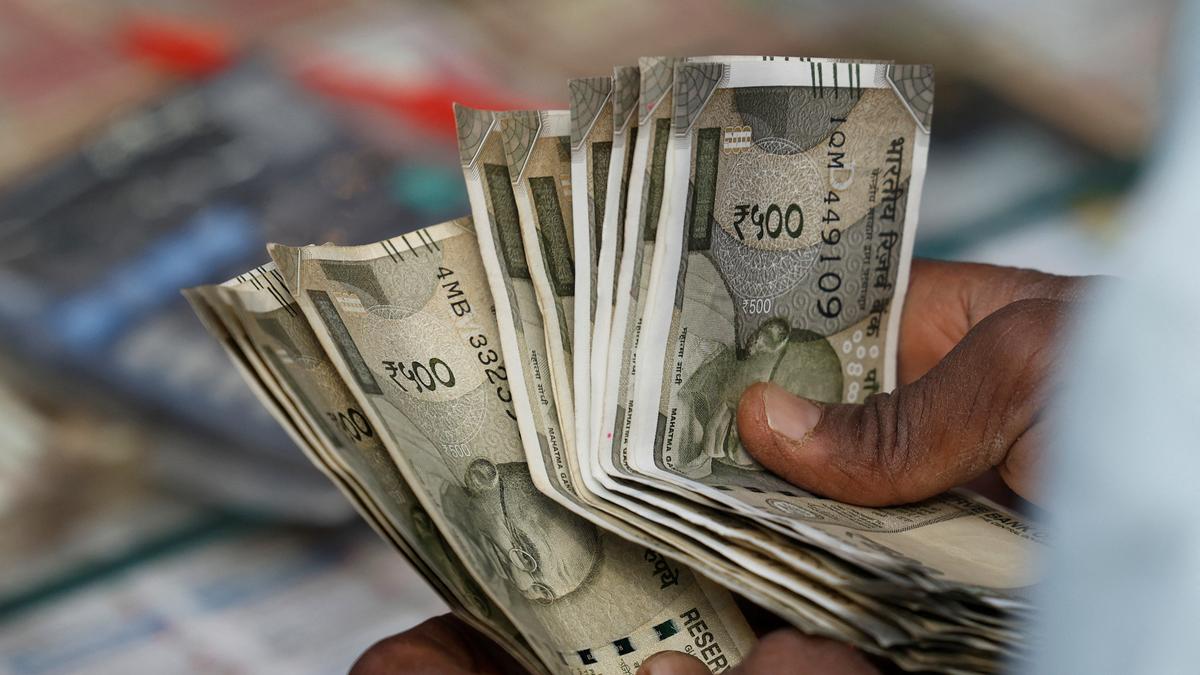Corruption Perceptions Index (CPI) 2024

- 15 Feb 2025
In News:
India ranked 96th out of 180 countries in the Corruption Perceptions Index (CPI) for 2024, with a score of 38, a decline from 39 in 2023 and 40 in 2022. This indicates a worsening perception of corruption within India’s public sector.
Global Context:
- The CPI, compiled annually by Transparency International, is a widely recognized global ranking system that evaluates the perceived levels of corruption in public sectors.
- It uses a scale of 0 to 100, where 0 indicates highly corrupt and 100 signifies very clean.
- The CPI is based on expert assessments and surveys, drawing from at least three data sources out of 13 recognized corruption assessments from organizations like the World Bank and the World Economic Forum.
- Top Ranking Countries: Denmark topped the 2024 CPI, followed by Finland and Singapore, indicating strong governance systems with minimal corruption. These countries are recognized for their effective public sector governance, transparency, and low corruption levels.
- Regional Comparison: Among India’s neighbors, Pakistan ranked 135th, Sri Lanka at 121st, Bangladesh at 149th, and China ranked 76th, performing relatively better than India. The Asia-Pacific region, in general, saw a decline in its average CPI score, dropping by one point to 44.
- Global Trends: The CPI 2024 reveals troubling global trends, with corruption being a persistent issue worldwide. While 32 countries have significantly improved their corruption scores since 2012, 148 countries have either stagnated or worsened in the same period.
- The global average score remains at 43, with more than two-thirds of countries scoring below 50, signaling a widespread corruption problem.
- Corruption’s Impact on Climate Action: One of the significant findings in 2024 is the link between corruption and climate action. Corruption undermines efforts to combat climate change by misappropriating funds meant for emission reduction and climate adaptation projects.
- The report warns that such corruption obstructs effective policies and hinders climate change mitigation, leading to environmental degradation. Furthermore, it highlights that corruption in high-CPI countries often serves the interests of fossil fuel companies, complicating global climate efforts.
- Corruption and Human Rights: The report underscores that corruption not only impedes economic development but also contributes to the erosion of democracy, human rights violations, and instability. Corruption, particularly in the form of misallocation of resources, exacerbates the vulnerability of populations already affected by climate change, poverty, and human rights abuses.
- Financial Hubs and Illicit Funds: Many countries with high CPI scores, despite their lower domestic corruption levels, serve as financial hubs that attract illicit funds stemming from corruption and environmental damage. This "dirty money" exacerbates corruption on a global scale and has far-reaching consequences that extend beyond national borders.
- The Call for Action: Transparency International’s report stresses the need for global cooperation in tackling corruption. It warns that corruption is a major contributor to the rise of authoritarianism and calls for urgent, concrete action to address global corruption. The report emphasizes that combating corruption is crucial for achieving a peaceful, sustainable, and democratic world.
